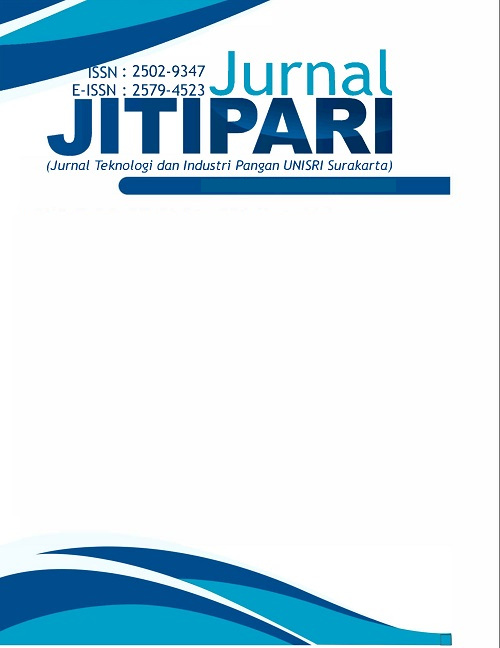
Publication Ethics
The Jitipari journal is committed to upholding the highest standards of publication ethics and taking all possible action against any publication malpractice. The Editorial Board is responsible, among other things, for preventing publication malpractice. Unethical behavior is unacceptable and Jitipari Journal does not tolerate plagiarism in any form. Authors who submit articles: confirm that the contents of the manuscript are original. Furthermore, the author's submission also implies that the manuscript has not previously been published in any language, either in whole or in part, and is not currently submitted for publication elsewhere. Editors, authors and reviewers, in the Jitipari Journal, are fully committed to good publication practices and accept responsibility for fulfilling the following duties and responsibilities, as set out by the COPE Code of Conduct for Journal Editors. As part of its Core Practice, COPE has written guidelines at http://publicationethics.org/resources/guidelines.
Author assignment
Editor's Task
Reviewer Task
JITIPARI (Jurnal Ilmiah Teknologi dan Industri Pangan UNISRI)
Penerbit Universitas Slamet Riyadi Surakarta
Website https://ejurnal.unisri.ac.id/index.php/jtpr
Email jitipari@gmail.com

Creation is disseminated under License Creative Commons Atribusi-BerbagiSerupa 4.0 Internasional.
Pengguna yang mencari referensi hiburan digital dengan akses cepat sering menemukan istilah slot88 karena tampilannya yang ringan serta navigasi yang mudah dipahami tanpa perlu banyak penyesuaian.
sekadar keberuntungan. Teknik ini, meskipun sederhana, sering dihubungkan dengan istilah https://getyourgreenbacktompkins.org/energy-equity karena menekankan pemahaman mendalam terhadap pola visual yang muncul sejak
Sebelum memulai permainan, sebagian orang biasanya mencari ulasan dari pengguna lain agar tidak salah memilih platform. Dalam berbagai diskusi, nama idn poker kerap muncul sebagai salah satu referensi yang cukup dikenal di kalangan pemain kartu online.
Banyak pemain menyukai permainan slot dengan tampilan sederhana namun tetap menantang. Dalam beberapa ulasan, slot mahjong disebut memiliki daya tarik tersendiri dari segi visual dan alur permainan.
